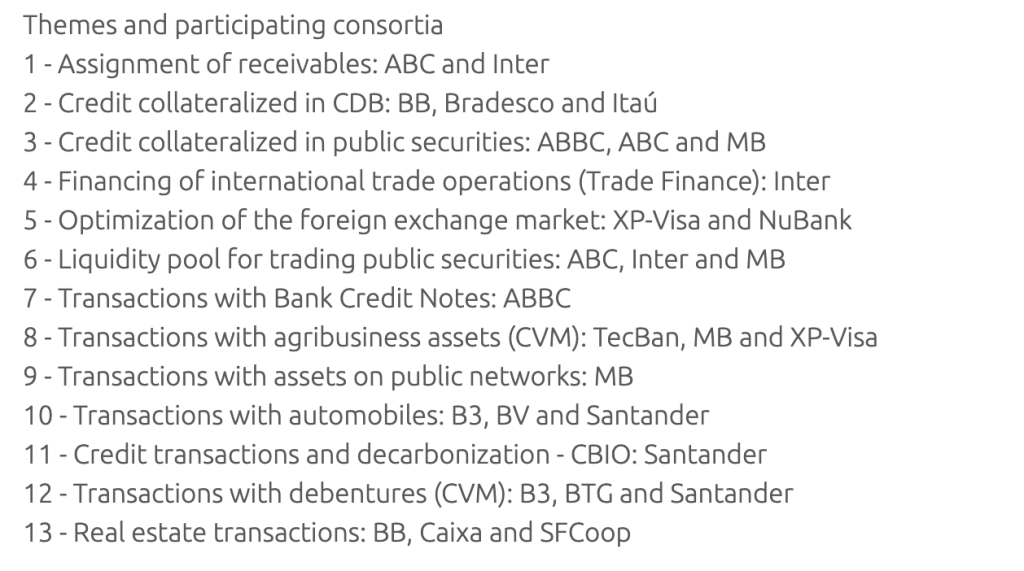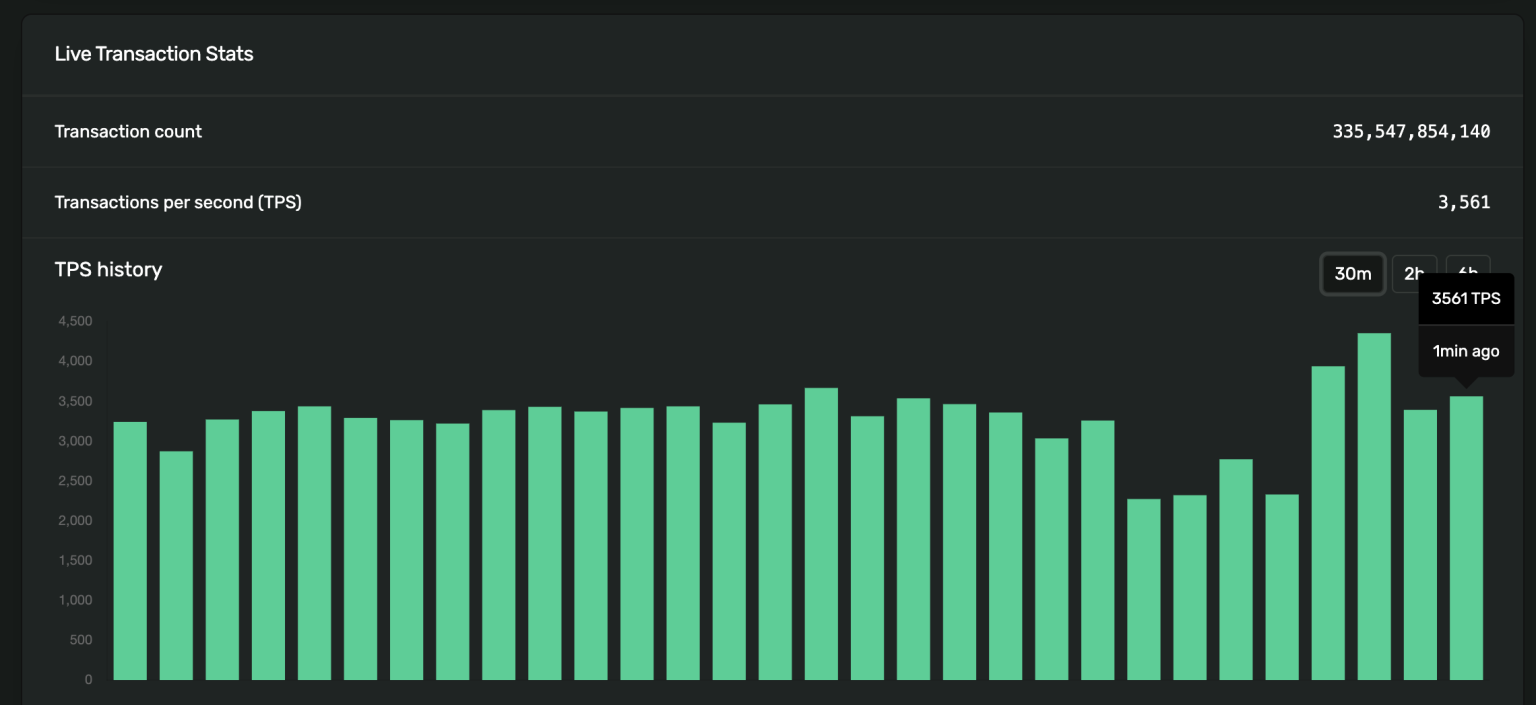Last updated:
 Why Trust Cryptonews
Why Trust Cryptonews

The Central Bank of Brazil (BCB) has announced the selection of 13 themes for the second phase of its Central Bank Digital Currency (CBDC) pilot, known as Drex. This phase will focus on testing financial services through smart contracts managed by third-party participants.
From a pool of 42 use case proposals, the BCB, in collaboration with the Securities and Exchange Commission (CVM), selected themes that cover a range of financial services, including optimizing the foreign exchange market and automobile transactions.
Key global participants, such as Visa and Santander, are set to play prominent roles in this phase. This indicates the pilot’s growing importance on both national and international levels.
Visa and Santander Amongst Other Key Participants and Projects

The second phase of the Drex pilot includes a diverse group of participants, comprising 16 consortia or companies, who will test and develop essential resources for the platform’s operation.
Major global players, like Visa and Santander, are among the notable participants.
Visa, in partnership with XP and Nubank, will focus on optimizing the foreign exchange market. This is a strategic move to streamline cross-border transactions using the CBDC infrastructure.
On the other hand, Santander is set to explore the potential of CBDCs in automobile transactions and will also work on a project related to credit transactions and decarbonization, aligning with global sustainability goals.
The BCB has divided the 13 selected themes between itself and the CVM, with the central bank overseeing 11 themes and the securities regulator supervising two.
These themes span various financial applications, from credit transactions and trade finance to real estate and agribusiness asset transactions.
For example, themes like “Credit Collateralized in CDB” will involve major banks such as Bank of Brazil, Bradesco, and Itaú, while consortia, including BB, Caixa, and SFCoop, will explore “Real Estate Transactions.”
CBDC Brazil: Applications To Be Opened Again In Q3 2024
As the Drex pilot progresses into this second phase, the focus will be on refining the interaction between privacy solutions and the implementation of financial services via smart contracts.
Each selected theme will operate within dedicated debate environments, where regulators and participants will collaboratively refine governance models and strategies for integrating these services into the broader financial system.
The BCB plans to open a new call for applications from entities interested in joining the Drex pilot in the third quarter of 2024. BCB noted,
“During the third quarter of 2024, the BC will open a call for new application proposals from entities interested in participating in the Drex Pilot. Those selected must test the implementation of smart contracts by the end of the first half of 2025.”
This move aims to broaden participation and test the full implementation of smart contracts by the end of the first half of 2025.
BCB’s commitment is also evident in its strategic collaboration with key industry players and regulatory bodies.
Although there is much speculation about what CBDC wants to do, but this phase of the Drex pilot represents a significant step towards realizing digital currencies’ potential to enhance financial inclusion and operational efficiency within Brazil’s financial system.
The outcomes of these tests will likely set the stage for digital finance in Brazil.
The Drex pilot is poised to play a pivotal role in Brazil’s digital transformation, and we can’t wait to see how it ultimately turns out.
Notably, earlier this year, the central bank unveiled a multi-phase plan to regulate crypto and virtual asset service providers, setting the stage for Crypto adoption in the country.
However, It aims to finalize the regulatory proposals by the end of this year, and we will have to anticipate any time later this year.





